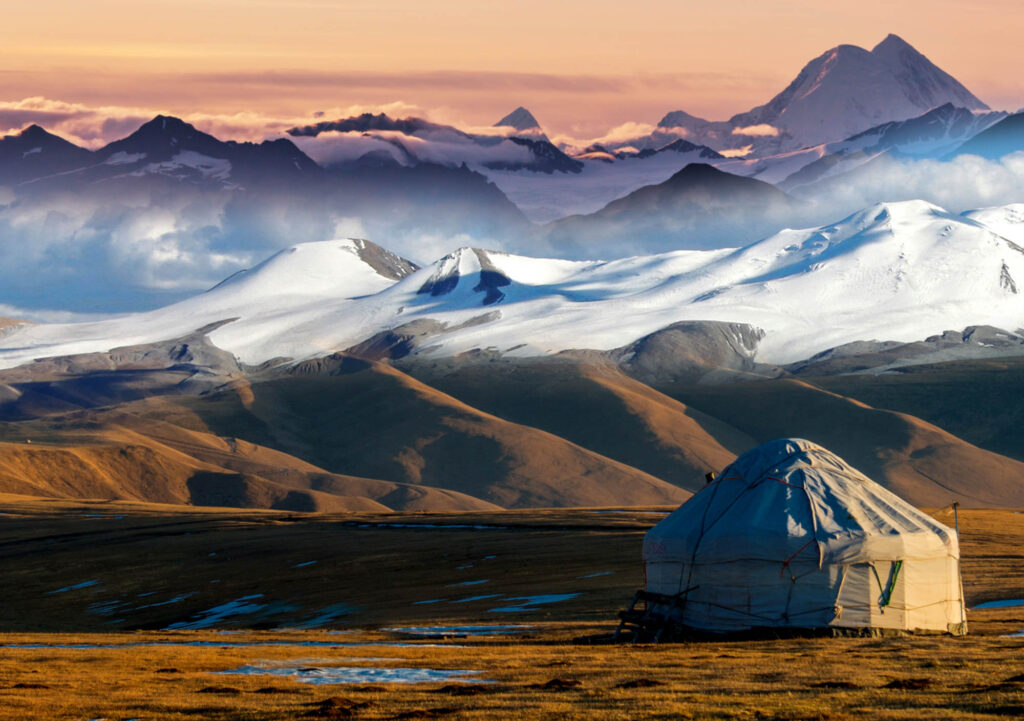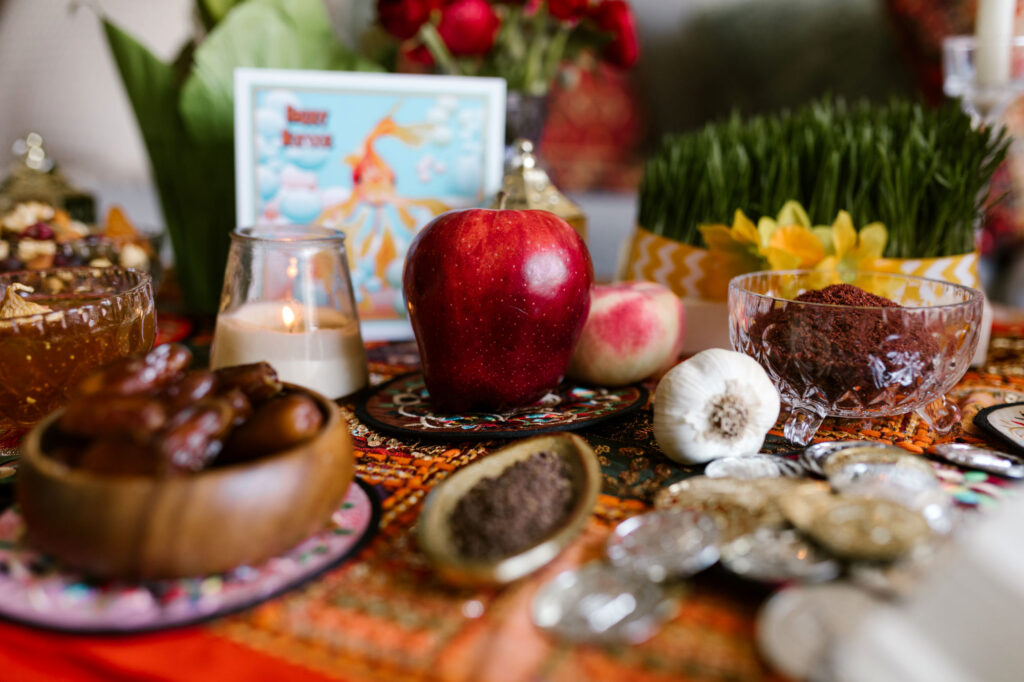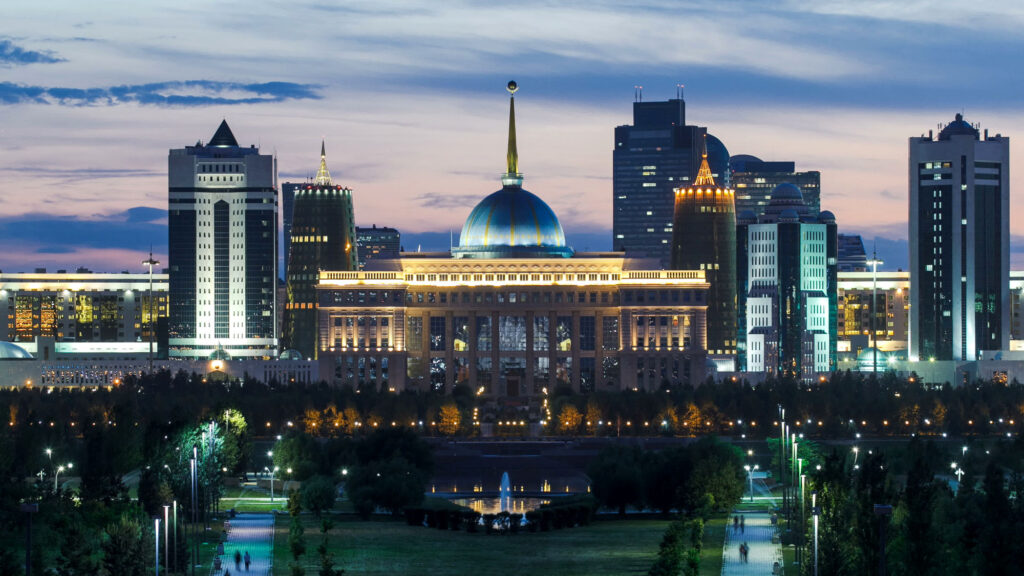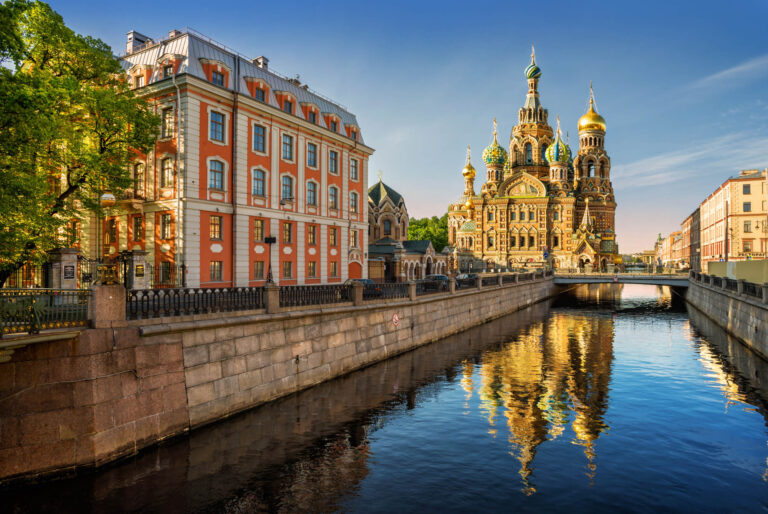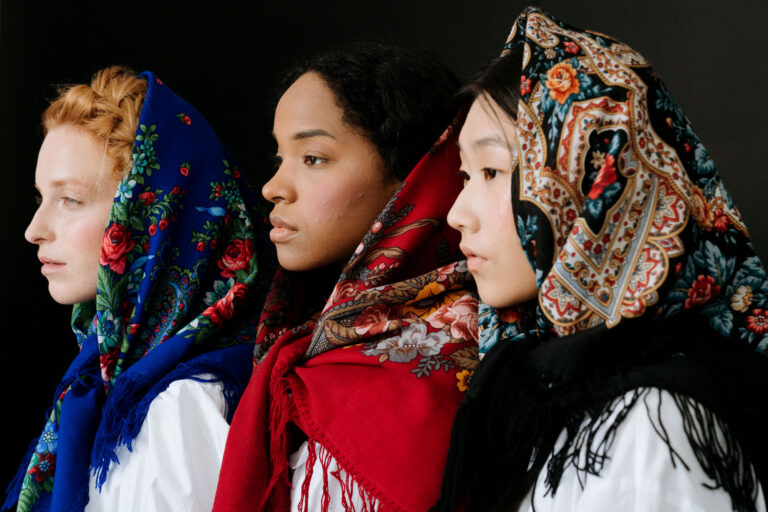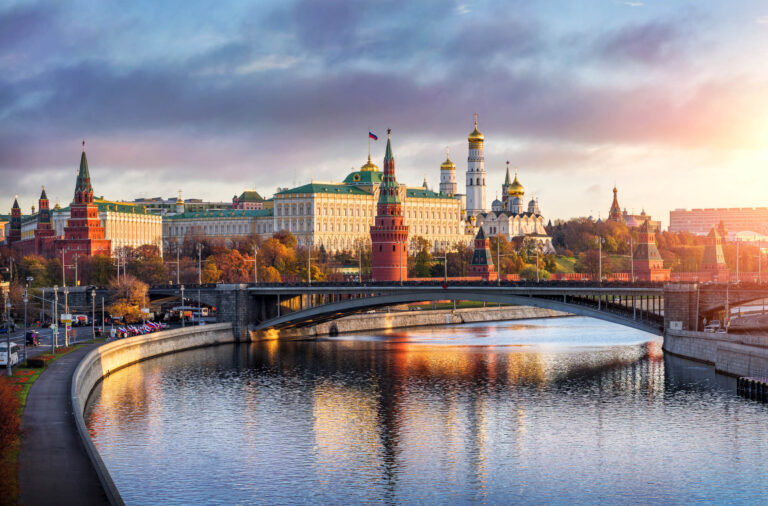
- COUNTRY
- MAIN CITIES
- prev
- next
THE COUNTRY
Ethnic Kazakhs derive from a mix of Turkic nomadic tribes that migrated to the region in the 15th century. The Kazakh steppe was conquered by the Russian Empire in the 18th and 19th centuries, and Kazakhstan became a Soviet Republic in 1925.
Non-Muslim ethnic minorities departed Kazakhstan in large numbers from the mid-1990s through the mid-2000s and a national program has repatriated about a million ethnic Kazakhs (from Uzbekistan, Tajikistan, Mongolia, and the Xinjiang region of China) back to Kazakhstan. As a result of this shift, the ethnic Kazakh share of the population now exceeds two-thirds.
- Korgalzhyn Nature Reserve;
- Ruins of Sauran;
- Taraz (Talas);
- Mausoleum of Khoja Ahmed Yasawi;
- Petroglyphs of Tamgaly
- Private Jets, Helicopters and Airliners
- Finest Onboard Catering
- Ground Transport and Yachts
- Luxury Villa & House Rentals
- Local Guide & 24/7 Assistance
- Customized Global Services
TO BE KNOWN
-
The State's CapitalNur-Sultan
-
Time ZoneUTC +6
-
Telephone Code7
-
Total Area2 724 900 Km2
-
Population19 543 464 (2023 est.)
-
Main LanguagesKazakh, trilingual (Kazakh, Russian, English)
-
CurrencyTenge (KZT)
-
GDP Per CapitaUSD 26100
-
Airports96
-
Heliports3
TRAVEL INFORMATION
Continental, cold winters and hot summers, arid and semiarid
Kazakh (Qazaq) 68%, Russian 19.3%, Uzbek 3.2%, Ukrainian 1.5%, Uighur 1.5%, Tatar 1.1%, German 1%, other 4.4% (2019 est.)
Flowers, quality alcohol, or chocolates are good choices for gifts if invited into a household.
Beshbarmak — horse or lamb meat with flat noodles and onion sauce
Oil and gas giant, with growing international investment; domestic economy hit hard by COVID-19 disruptions; reforming civil society and improving business confidence; legacy state controls and Russian influence inhibit growth and autonomy
Promotional Video
Location
-
Kazakhstan

